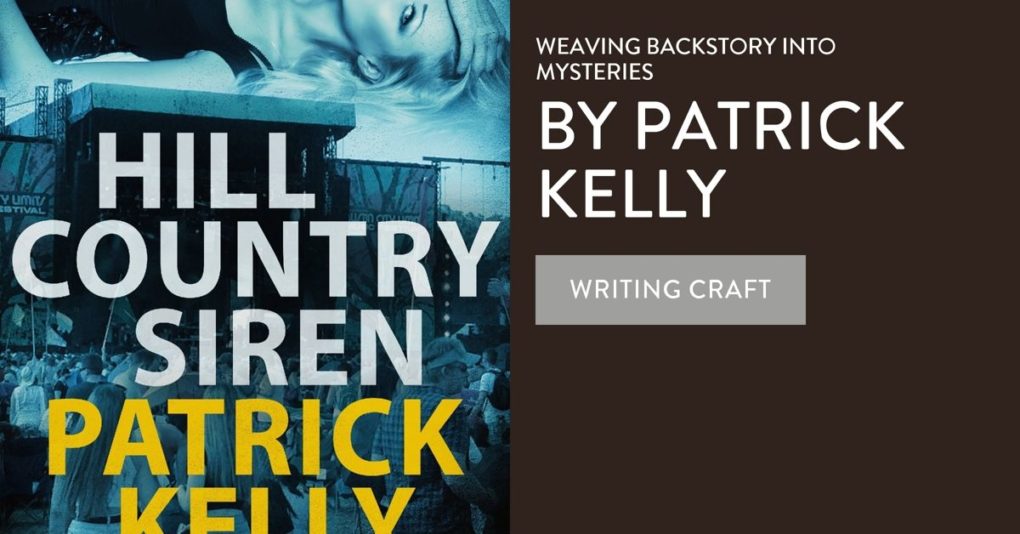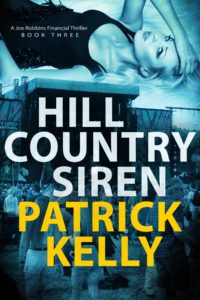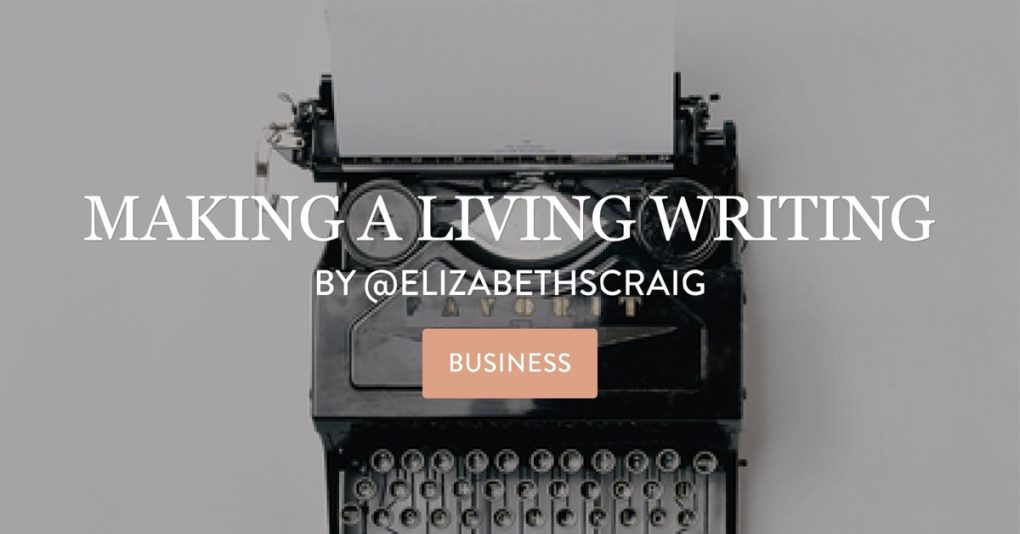by Elizabeth S. Craig, @elizabethscraig
A weekly roundup of the best writing links from around the web.
Twitterific writing links are fed into the Writer’s Knowledge Base search engine (developed by writer and software engineer Mike Fleming) which has over 35,000 free articles on writing related topics. It’s the search engine for writers.
5 Easy Steps to Being a Better Writer: http://ow.ly/p2KC3058Yqd @Victoria_Noe
Tackling the Synopsis: http://ow.ly/fhRp3058Yf1 @rachaeldthomas
The Psychology of Creative Success @ornaross http://bit.ly/2e5V3GQ #IAF16 @IndieAuthorALLI
Clause By Clause: Non-Compete: http://ow.ly/UTV83058Xyb @bookishchick
5 Practical Tips for World Building: http://ow.ly/UuKV3058XEP @AlexBledsoe
6 Ways to be a Prepared Speaker: http://ow.ly/wIoQ3058Y8M @lisajlickel
Actionable Productivity for Authors: Tips @markmcguinness bit.ly/2dgTZJO #IAF16 @IndieAuthorALLI
The Publishing Gamble That Changed America (On Fighting for Lady Chatterley’s Lover) : http://ow.ly/UR7k3058Ywj @BarneyRosset Continue reading





